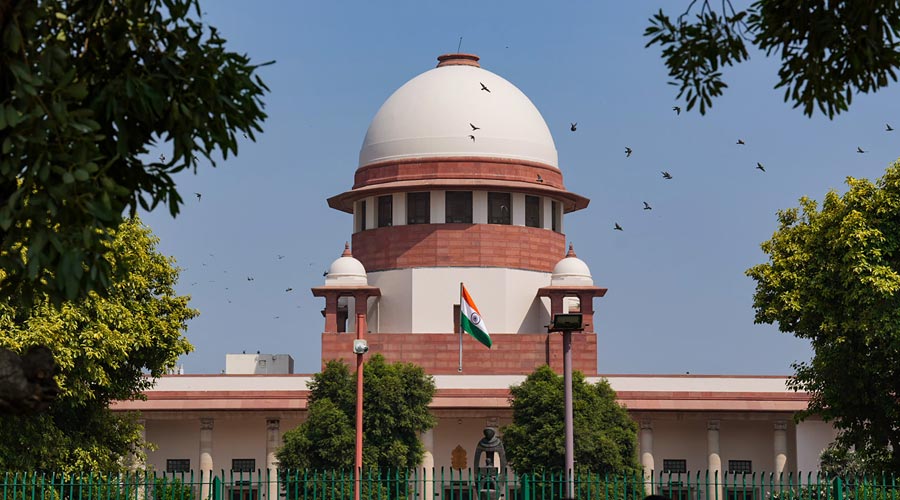


The Supreme Court in the case Pawan Khera v. State of Uttar Pradesh & Anr. observed wherein the petition is moved by Congress spokesperson Pawan Khera for quashing of criminal proceedings against him over an alleged remark about Prime Minister Narendra Modi.
The bench comprising of Justice BR Gavai and Justice Sandeep Mehta in the case was hearing the special leave petition moved against the Allahabad High Court wherein the court refused to quash the criminal proceedings against Khera over his alleged ‘Narendra Gautam Das Modi’ comment made at a press conference in Mumbai.
The court in the case observed and has dismissed the petition moved by Khera’s.
The counsel, Solicitor General Tushar Mehta, appearing for the State of Uttar Pradesh submitted before the court that reply to Khera’s petition has been filed on the basis of the chargesheet and the reply is only on the basis of the chargesheet which he had from the beginning.
The bench of Justice Gavai informed the Senior Advocate Salman Khurshid, who was appearing for Khera, that they have only relied on the chargesheet. But now you go on seeking apologies and apologies.
Adding to it, Justice Mehta asked, ‘Wishing away an offence, is that possible?
The bench of Justice Gavai stated before the bench rose for the day that this bench decided to dismiss the special leave petition. Anyway, sorry, we are not inclined.
The counsel, Senior Advocate Abhishek Manu Singhvi, appearing for the Congress leader pointed out to the Khera’s clarification that the comment had been made inadvertently and his prompt apology issued in a separate post on X(formerly known as Twitter).
It has been argued by him before the court that the charges levelled against Khera, which include that of defamation, attempting to degrade and destablise the nation, promoting enmity and hatred between different groups, and disturbing public peace were a ‘complete stretch’.
Facts of the Case:
The Congress leader and spokesperson Pawan Khera has been embroiled in a controversy over his ‘Narendra Gautam Das Modi’ remark at a press conference in February this year. The same leads to multiple first information reports being registered against him and the Assam police arresting him in the same month. Khera is facing charges under Section 153A (promoting communal enmity), Section 153B (imputations prejudicial to national integration), Section 500 (defamation), Section 504 (insult with intent to provoke breach of peace) and other provisions of the Indian Penal Code, IPC.
Therefore, the Assam police arrested Khera from the Delhi airport in relation to an FIR registered over the remark on February 23.
The Supreme Court in the case observed and has granted Khera temporary relief and directed his release on interim bail till the next date of hearing.
The court later extended the interim relief from February 28 to March 3, and again till March 17.
The Supreme Court on March 20 clubbed the FIRs registered against him at Varanasi and Assam and transferred them to the Hazratganj police station in Lucknow, Uttar Pradesh. Thus, the court also granted liberty to Khera to apply for regular bail before the jurisdictional court in the matter.
The court granted bail to khera in August by the local court in Lucknow.
Further, the Congress spokesperson also approached the Allahabad High Court seeking the quashing of the summons order and chargesheet filed against. Thus, he also tendered alongside an unconditional apology for the purported incident.
However, the high court in the case declined to grant him any relief and dismissed his plea.
The bench of Justice Rajeev Singh in the case observed that the evidence collected by the investigating officer could not be assessed by the court during the ongoing proceedings under Section 482 of the Code of Criminal Proceedings.
The court while considering the facts and circumstances of the case directed Khera to raise all contentions before the jurisdictional court, in terms of the Supreme Court’s March 20 directive.